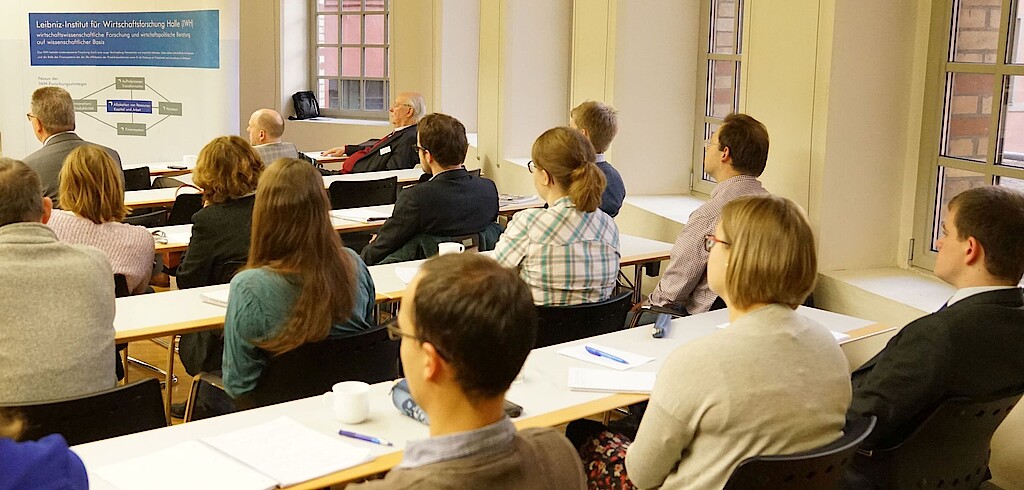
14:15 - 15:45
Fiscal Multipliers in a Nonlinear World
Previous work has shown that, in a liquidity trap, aggressive government spending cuts can be self-defeating in the short-run due to a higher-than-normal multiplier.
Wer
Wo
Previous work has shown that, in a liquidity trap, aggressive government spending cuts can be self-defeating in the short-run due to a higher-than-normal multiplier. A potentially serious drawback of the existing literature is the use of linearized models. Recently, Braun, Koerber and Waki (2012) and others claim that in a liquidity trap, a model can behave qualitatively different depending on whether it has been linearized or not. We examine their claim with a focus on whether fiscal austerity can be self-defeating - i.e. austerity causes government debt to rise due to adverse effects on aggregate demand. Specifically, we compare the government debt and output effects due to changes in fiscal spending in linearized and nonlinear general equilibrium models. We start with a variant of the simple benchmark model in Woodford (2003), which allows us to carefully parse out the differences between the linear and nonlinear solutions. Finally, we examine the robustness of our results in the workhorse model of Christiano, Eichenbaum and Evans (2005) augmented with a financial accelerator mechanism.
Ihr Kontakt

Wissenschaftlicher Mitarbeiter
Für Rückfragen stehe ich Ihnen gerne zur Verfügung.
+49 345 7753-865 Anfrage per E-Mail



